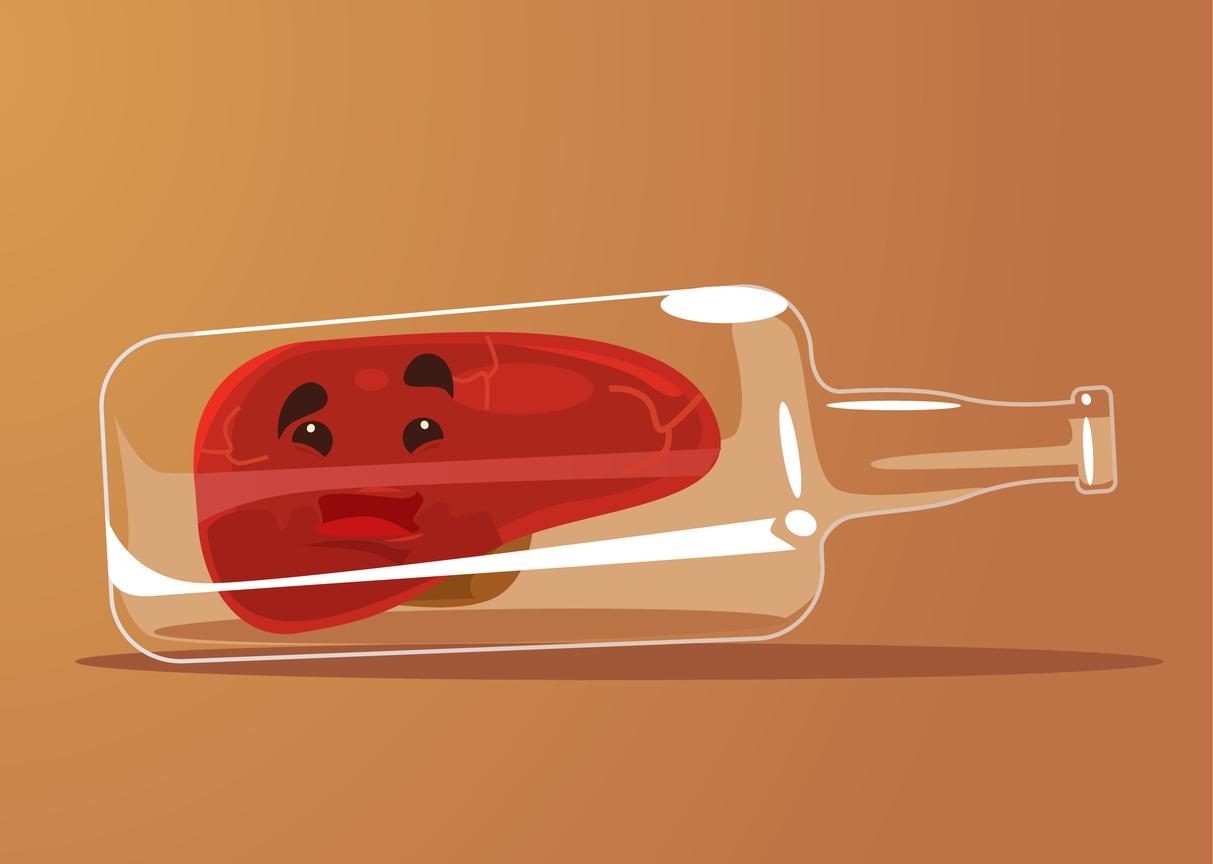Will one day be able to prescribe cures of melatonin to prevent diabetes? An article from American Medical Association suggests that acting on melatonin levels may reduce the risk of Type 2 diabetes. Melatonin is a neurohormone involved in the regulation of chronobiological (or circadian) rhythms and therefore in sleep-wake cycles. It is produced by the pineal gland, located in the center of the brain. The secretion of melatonin at the start of the night makes it easier to fall asleep. After a peak between 4 am and 5 am, it decreases to allow awakening.
During the study, 740 women were followed for twelve years. While none of them had diabetes at the start of the experiment in 2000, half of them were diabetic in 2012. During these twelve years of interval, urine samples were occasionally collected in the morning, so to measure the level of melatonin secreted during the night. It turned out that women who produced the least melatonin doubled their risk of developing diabetes.
Poor sleep increases the risk of diabetes
The sleeping troubles, sleep deprivation, night work and in staggered hours and the taking of certain drugs in particular certain beta-blockers are among the factors which can decrease the secretion of melatonin.
An American study has already established a link between a night shift and shift work and a higher risk of diabetes and obesity. The disruption of the circadian rhythm disrupts the regulation of blood sugar levels, promoting diabetes and weight gain.
>> To read also: Diabetes: bad sleepers more exposed

















